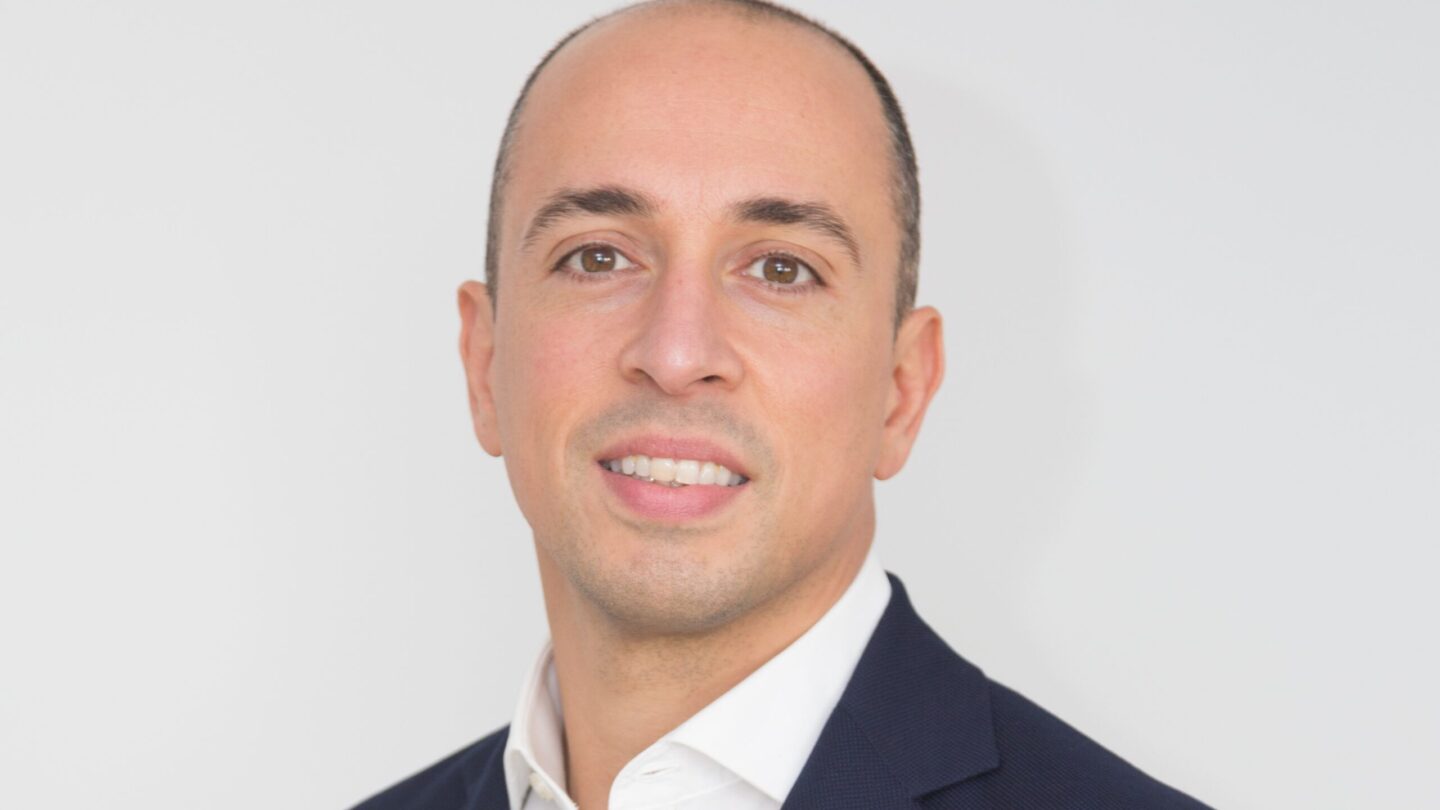2021 was a tremendous year for ESG investing. Like many other areas, the space enjoyed unprecedented interest in the wake of the UN’s COP 26 Climate Change Conference, which turned the spotlight onto the development of net-zero economies worldwide like never before. Meanwhile, the European Commission’s Sustainable Finance Disclosure Regulation (SFDR) set a new global benchmark for the integration of strict sustainability standards across investment products.
ESG teams are now more essential than ever to asset management houses as extraordinary pressure mounts to ensure the avoidance of greenwashing and maximise their environmental credentials. While things are moving in the right direction, however, some hurdles remain before the world of socially responsible investing can realise its full potential.
Simplified approach
First, although increasing regulation is necessary as ESG investing grows, it also presents teething issues. Specifically, we are now seeing strategies with very different characteristics – from generalist funds excluding controversial sectors to thematic funds with specific sustainable missions – unite under one common umbrella.
Take Article 8 of the SFDR, for example, which categorises a sustainable fund as one that “promotes, among other characteristics, environmental or social characteristics, or a combination of those characteristics, provided that the companies in which the investments are made follow good governance practices”. That is a broad remit, and it is only confused further by the fact that many of the companies that underlie green investment strategies are assigned very different sustainability profiles by different ESG ratings providers.
The result is that end-investors risk being unable to orient themselves in an increasingly vast, shifting universe. Indeed, accessing a product aligned to a specific set of sustainable goals has become a real struggle for many.
The onus, then, is on investment product providers themselves to explain to these individuals how capital can be used both to achieve change and deliver financial results moving forward. These companies must show customers exactly what they are investing in and exactly what results they are seeing in simple and practical terms. In this space, there is no room for getting lost in a sea of complex acronyms.
Tomorrow’s champions
Moving on, another issue is that some stocks considered to be ‘ESG champions’ now court valuations that are difficult for end-investors to understand. It is no surprise – Fortune Business Insights estimates the global green technology and sustainability market will be valued at some $41.6bn (£30.5bn) by 2028, up from just $9.57bn last year.
As you would imagine, companies at the heart of this booming trend are being chosen by many different investors and, as a result, their market valuations are being pushed to a point where they bear little resemblance to their fundamental valuations.
Put simply, the solution is for investors to widen their scope and look to the future. Indeed, a sustainable investment solution should not just be a selection of securities with excellent ESG ratings today, but one that also includes stocks now setting out on the long transition to more sustainable practices.
With the variety of data and evaluation models at our disposal, we can now look ahead to estimate the trajectory of companies and identify the ESG champions of tomorrow in areas perhaps little travelled today. Frankly, it is likely that this is where the biggest ESG investment returns will be made over the coming years.
An excellent example is the electric vehicle or ‘EV’ market. Objectively, pure EV players are very expensive right now. Tesla’s market capitalisation, for example, values each car it sold last year at an incredible $1.5m. Meanwhile, Volkswagen’s valuation suggests that, in spite of the very important transition it has begun to make into the EV space, the market is continuing to punish it for its well-publicised diesel scandal several years ago.
There is no denying it – ESG investing is here to stay. While an inflexion point representing an enormous force for positive social change has already been hit, however a focus on clarity and an eye on the future are now needed for this space to reach terminal velocity.
Simone Gallo is managing director at MainStreet Partners











